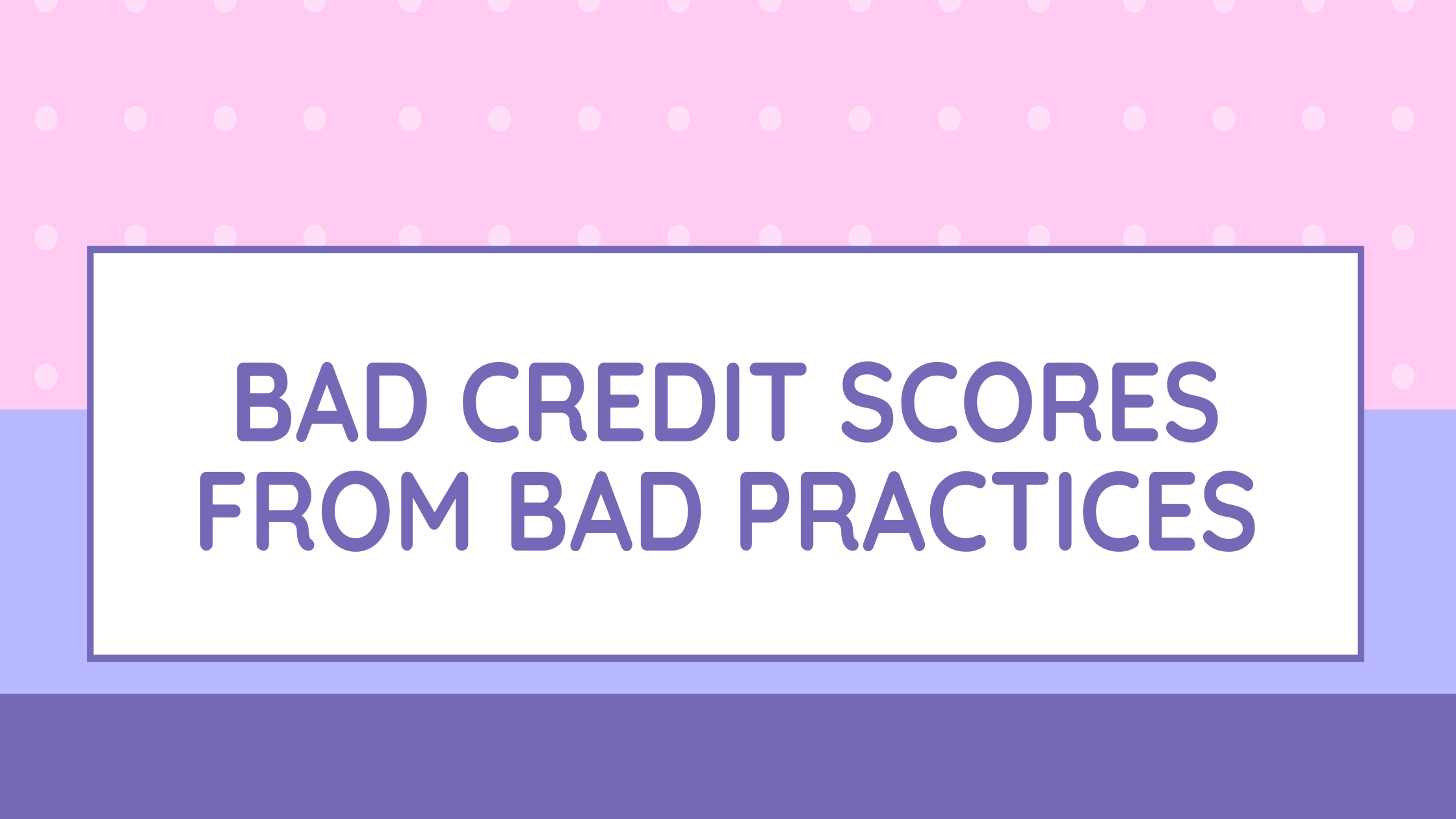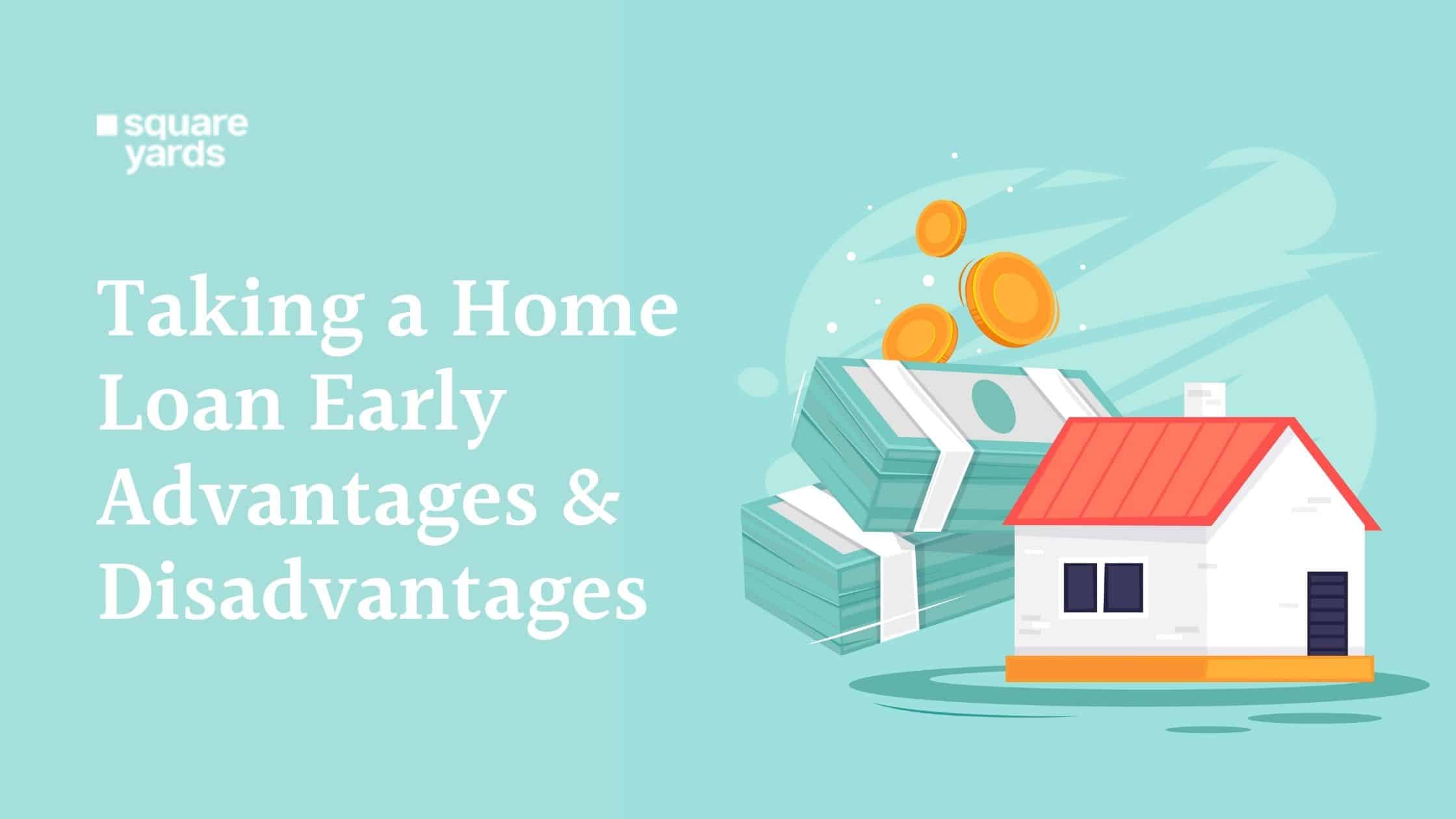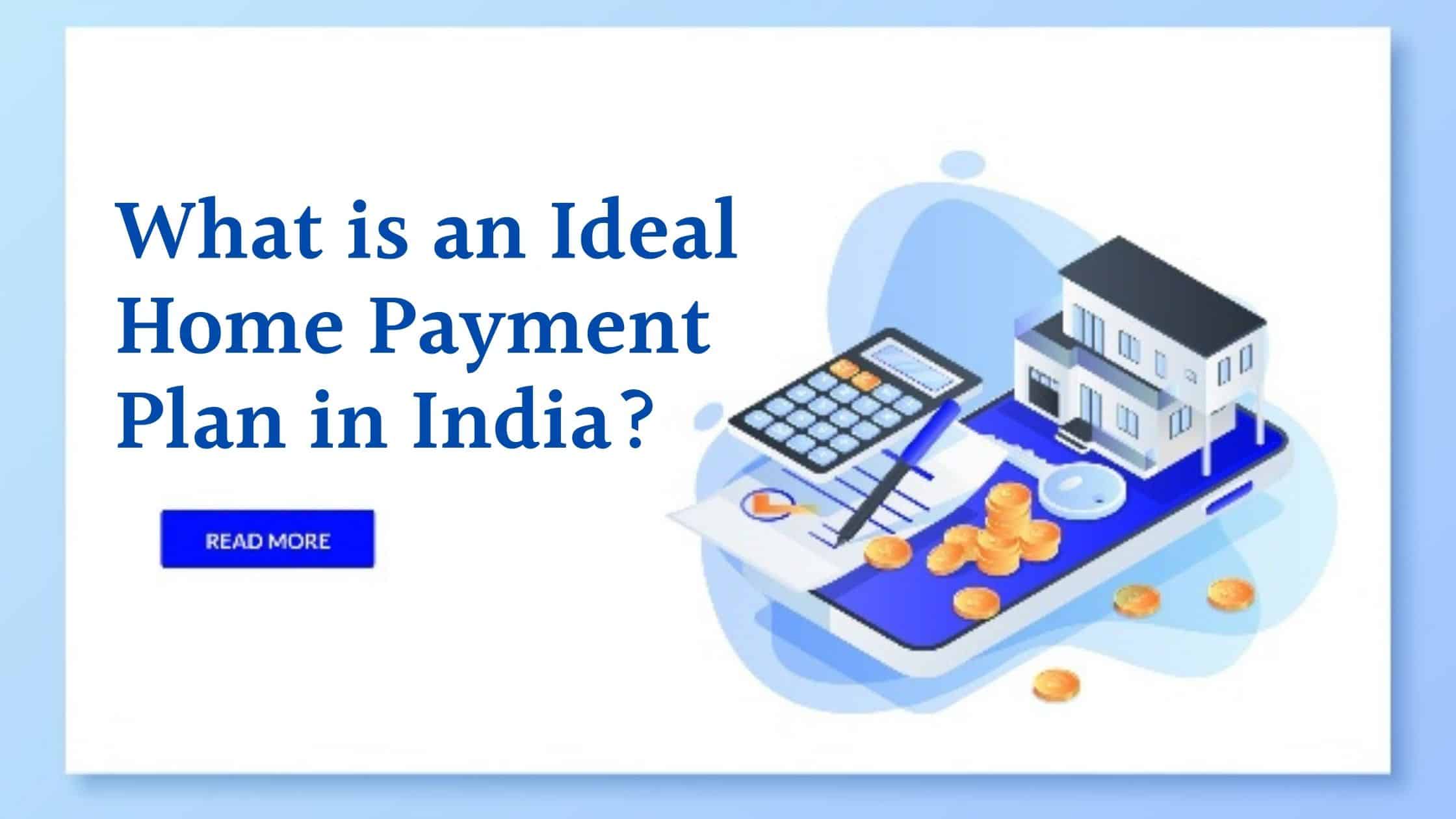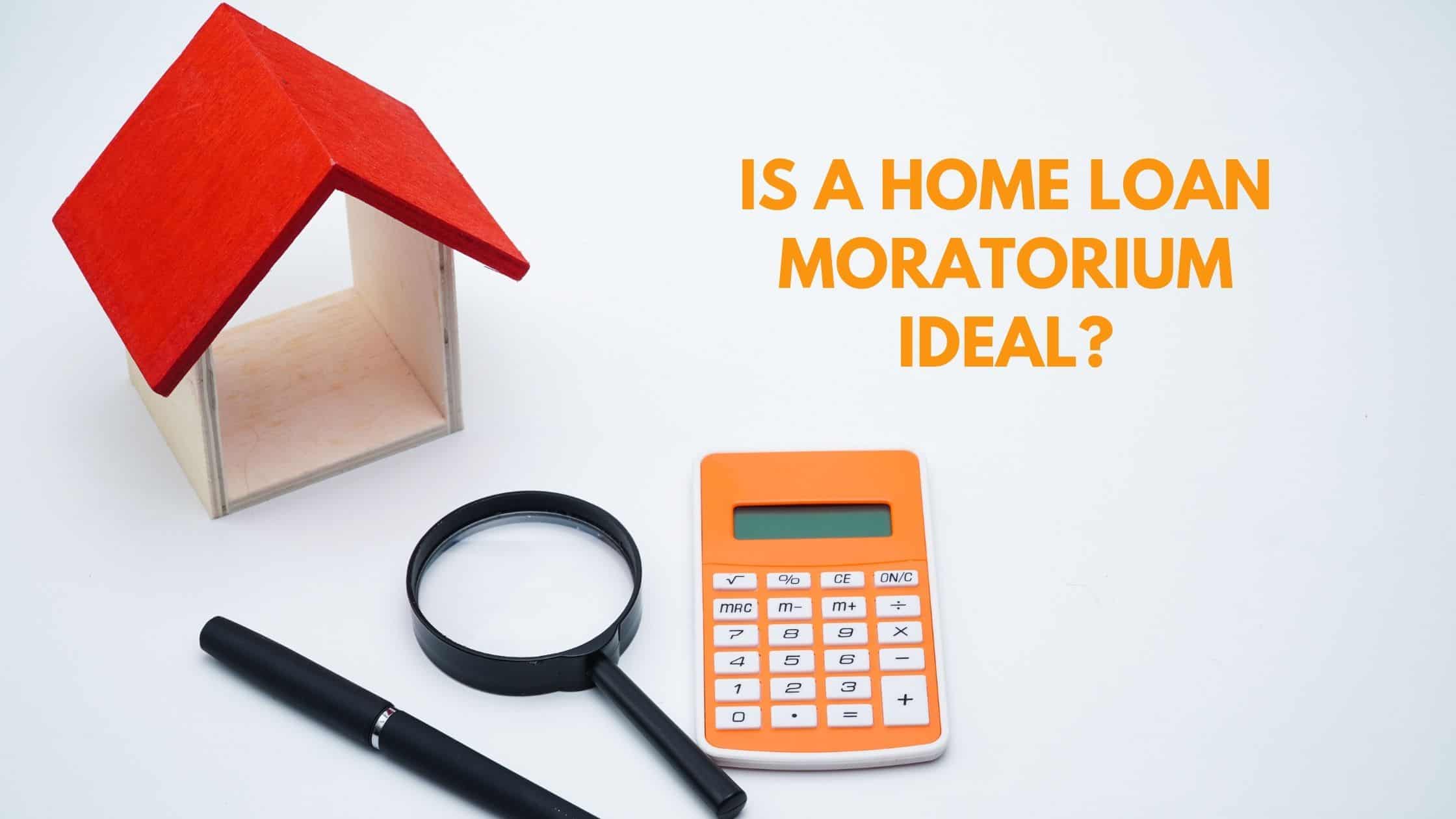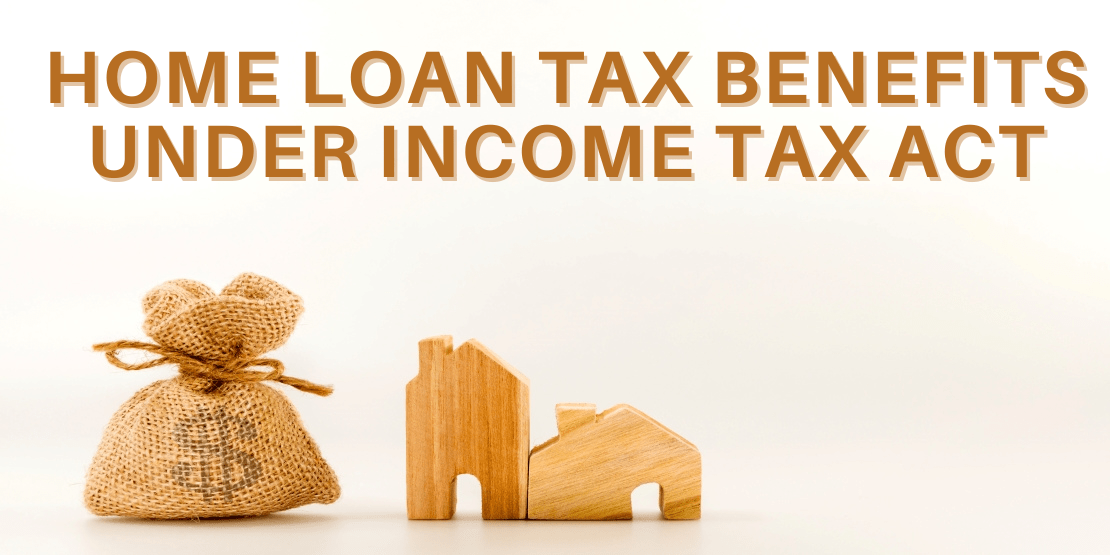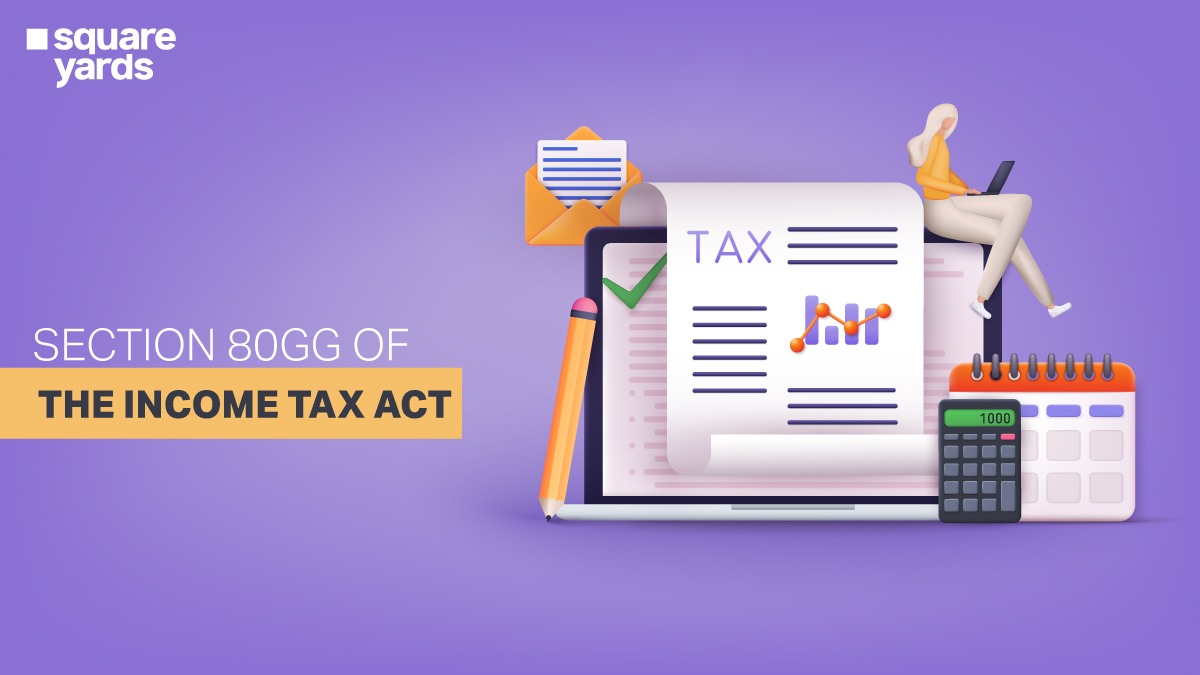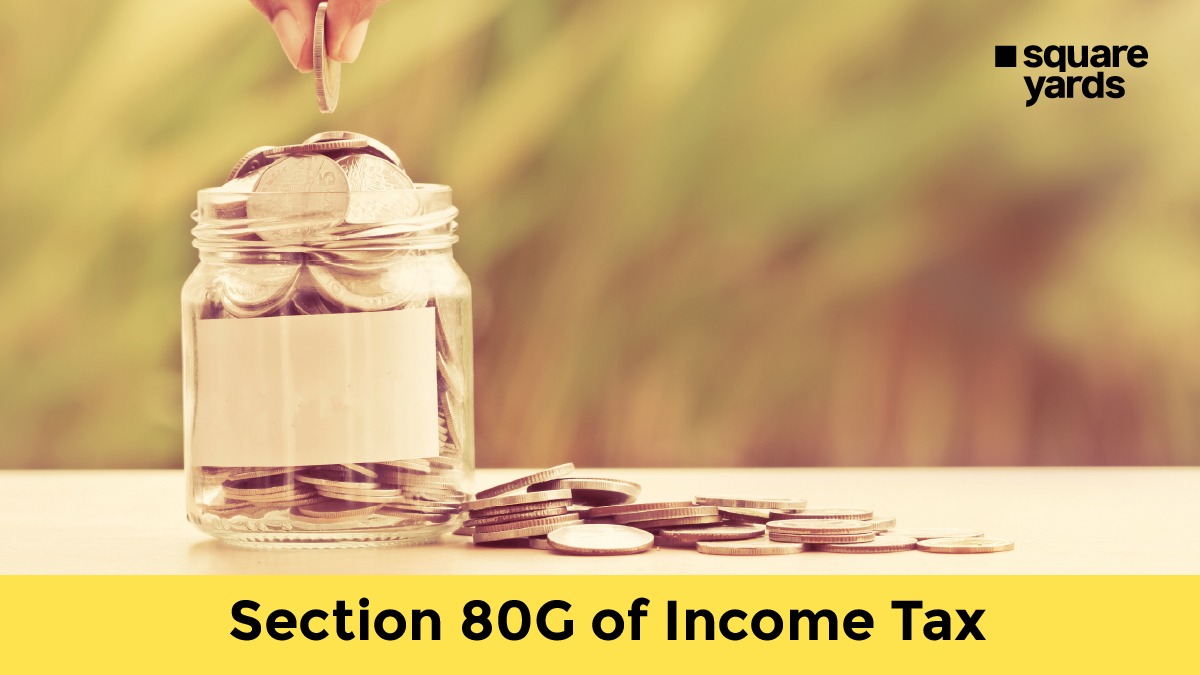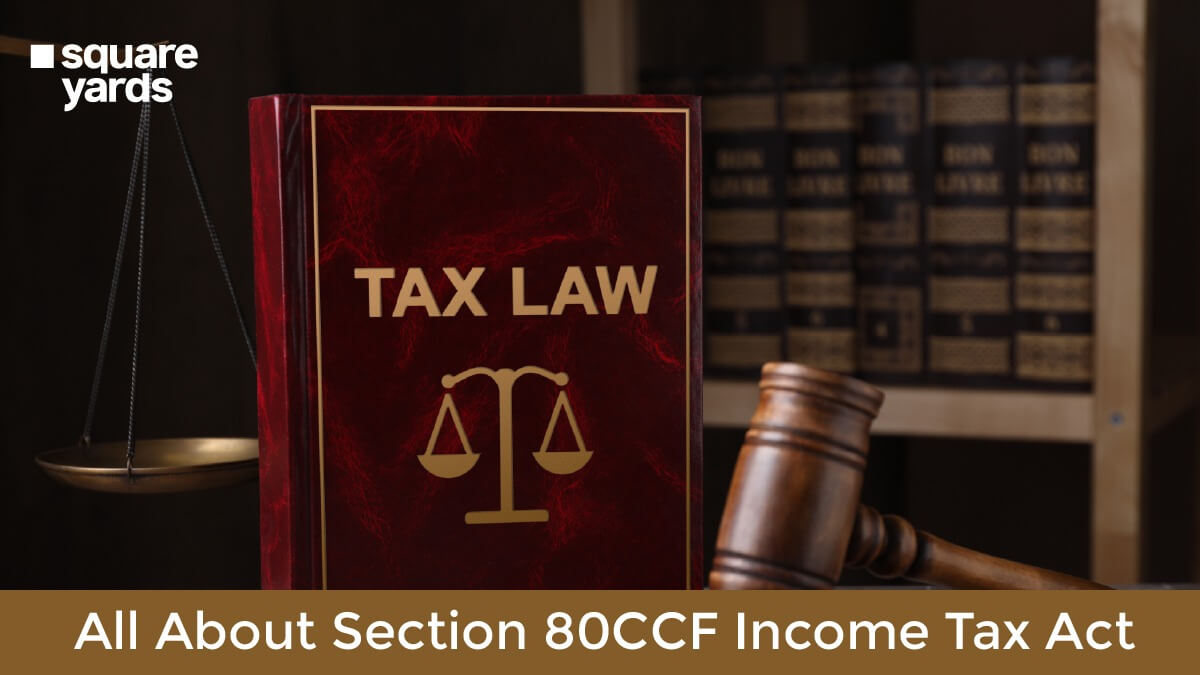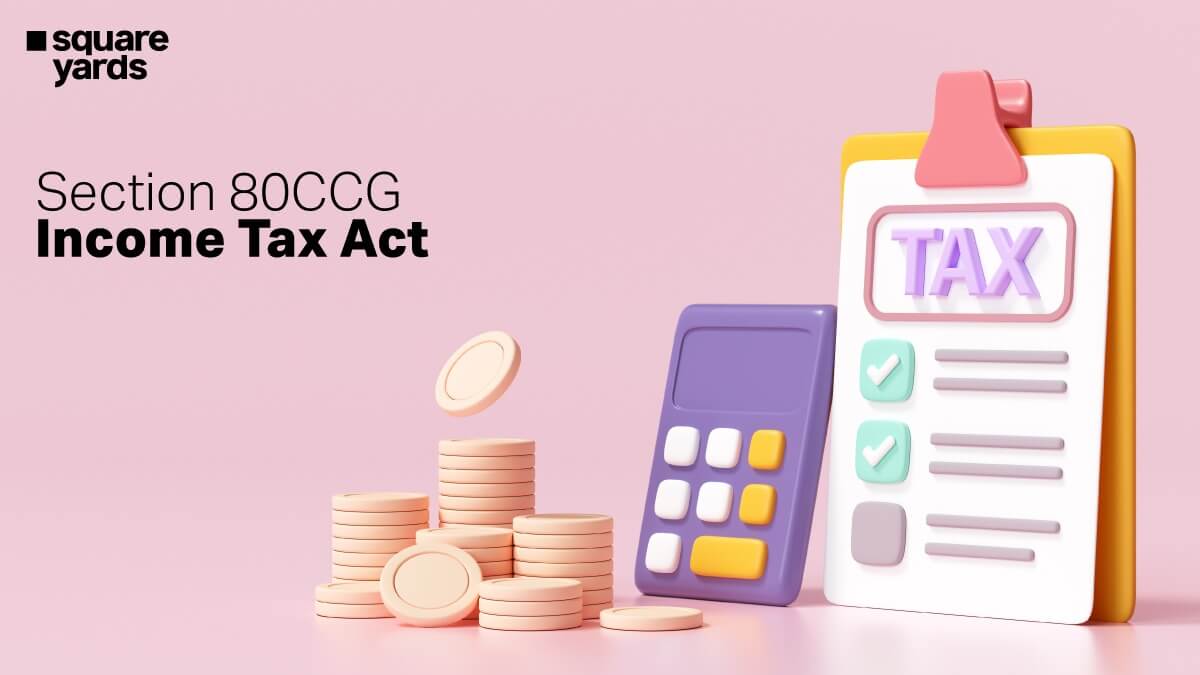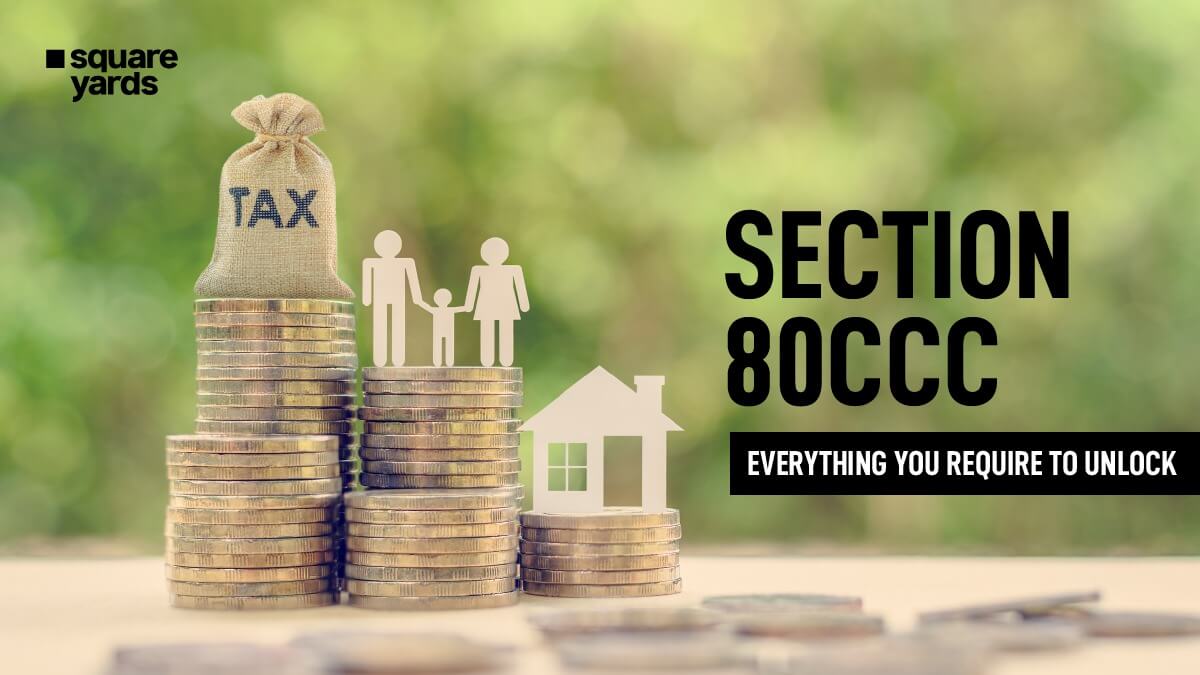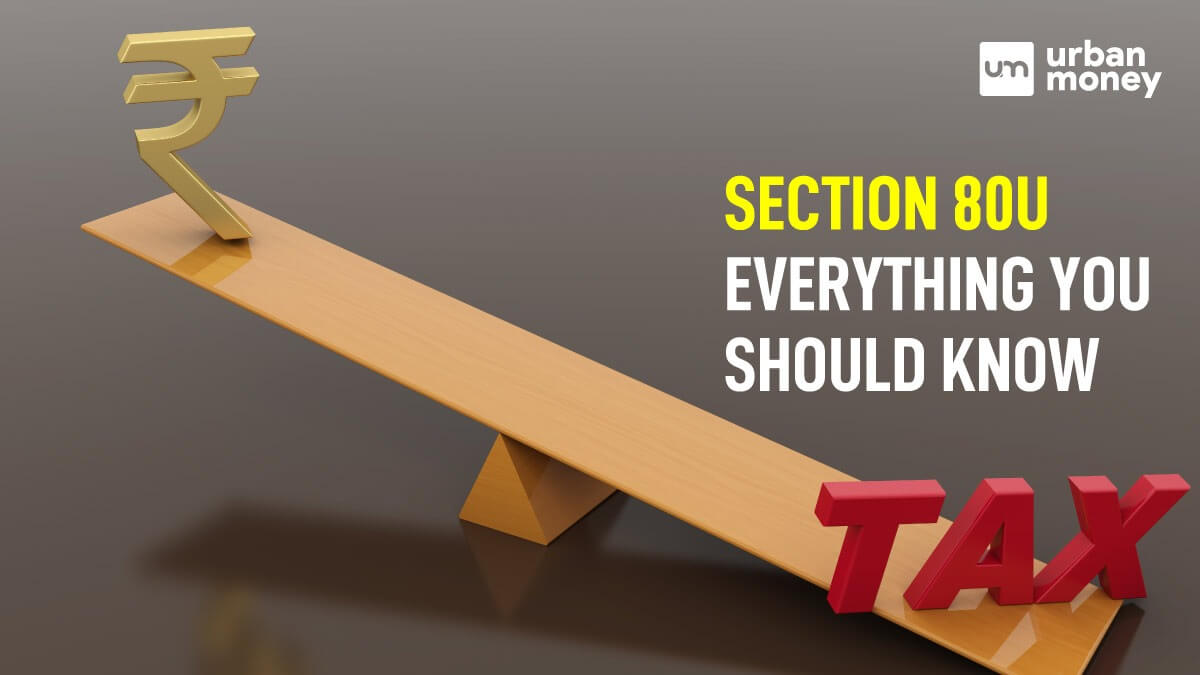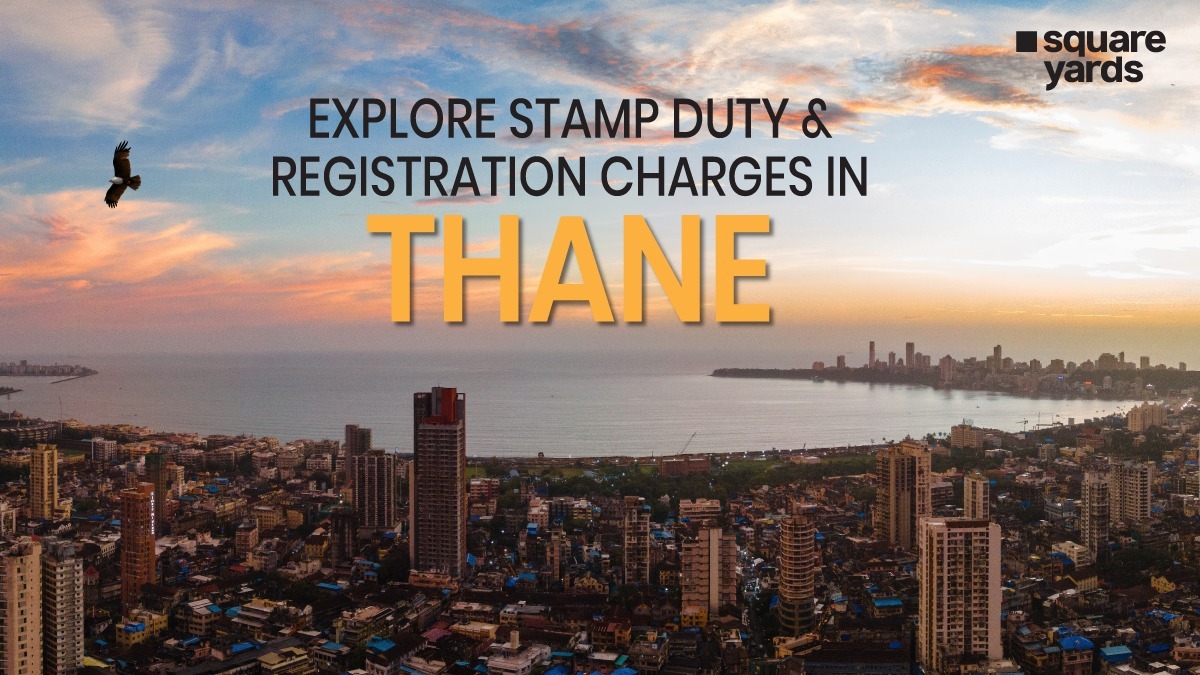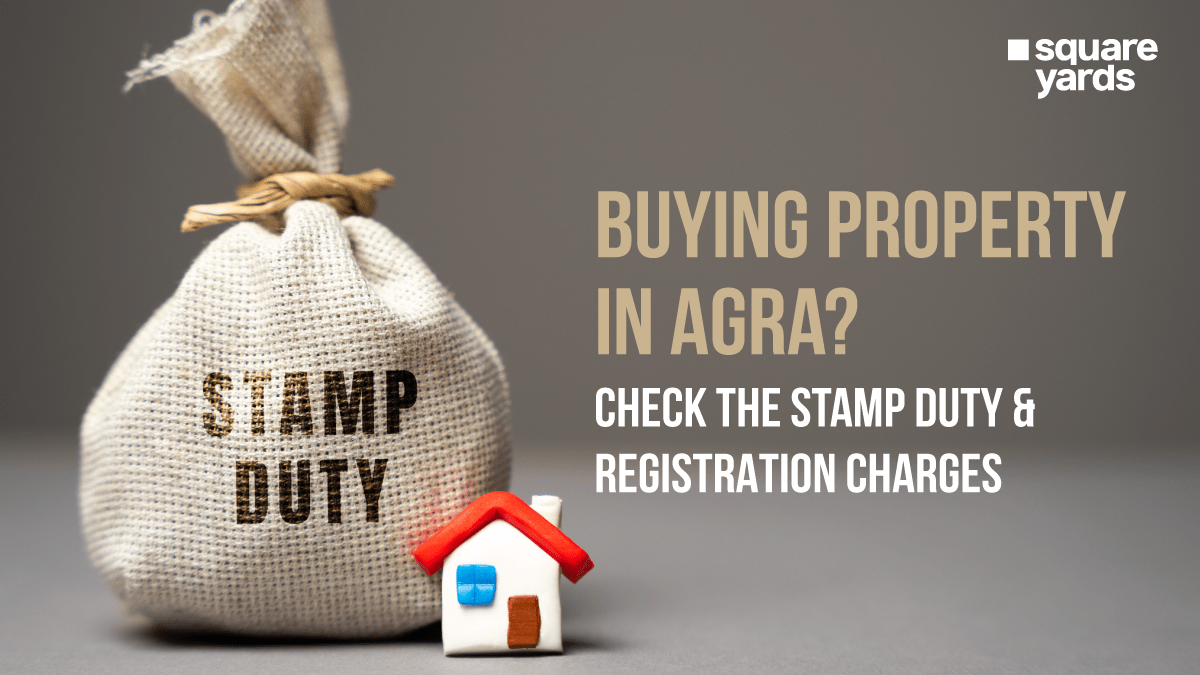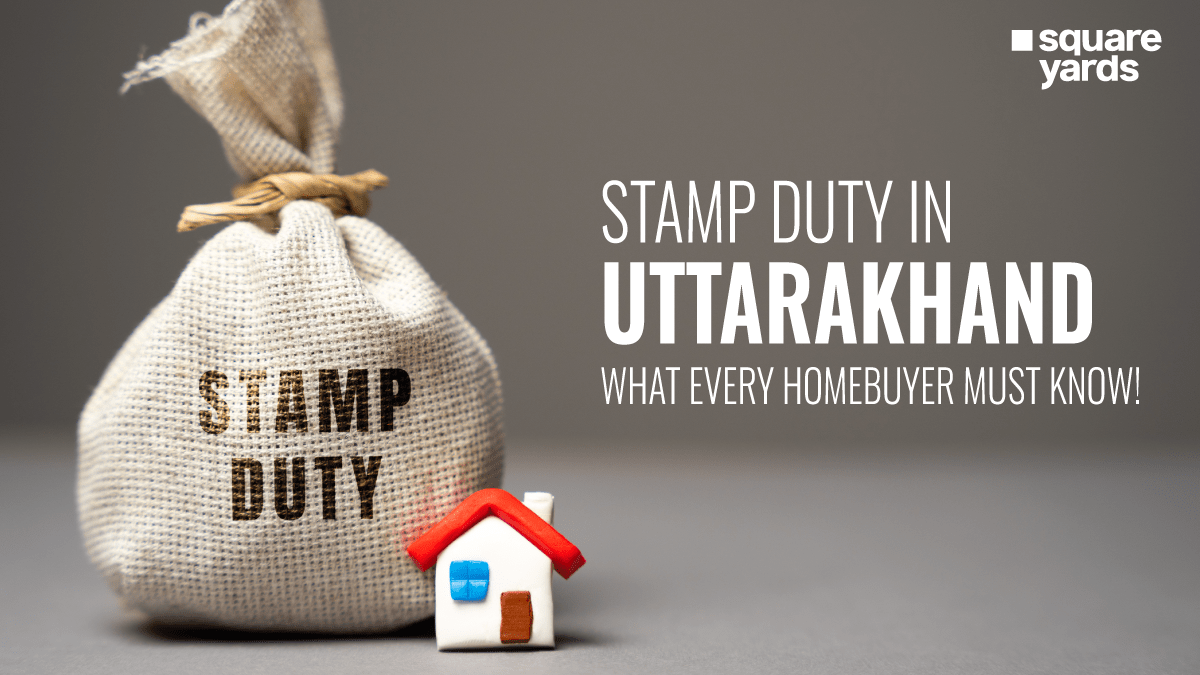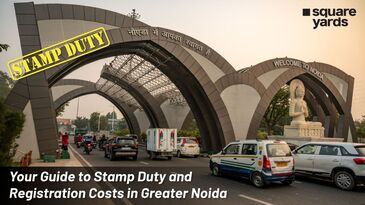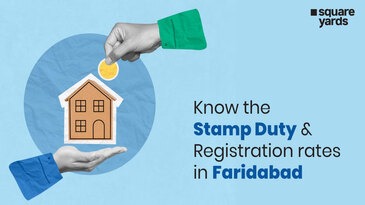If you have a bad credit score which is usually below 750, the chances of approval are minimal. Factors such as CIBIL report error delayed or missed payments, a high number of unsecured debt, and lack of credit history bring down your credit score.
The ‘check my credit score’ option on the CIBIL website allows you to keep track of your credit score and helps in maintaining a good track record. This is also a free credit score check that you can avail. The increase of the credit score can be done in numerous ways. However, maintaining a good credit score can prove to be a benefit in the long run. Before we look into the bad practices that lead to bad credit scores, let us understand some basic aspects of this topic.
What is a Credit Score and Its Features?
Credit scores range from 300 to 900, and it indicates a consumer’s creditworthiness. The higher a borrower’s score, the better he or she looks to potential lenders. Your credit score is based on your credit histories, such as the number of credit cards you have, the total amount of debt you owe, and your repayment history. Lenders use credit scores to determine whether a borrower will repay loans on time.
Salient Features:
The prominent features are as follows-
- Lenders use credit scores to determine whether to extend credit.
- Many financial institutions use the FICO scoring system.
- Credit scores consider repayment history, loan types, length of credit history, and total debt.
- Credit utilisation is one of the metrics used to calculate the credit score.
- The closing of a credit account that is not being used can lower a person’s credit score.
What is Considered a Good Credit Score And a Bad Credit Score?
There are different credit scoring models, and some use other data. Potential lenders and creditors, such as banks, credit card companies, and car dealerships, look at your credit score when deciding whether to offer you credit, such as a loan or credit card. Among many factors, it helps them determine whether you’re likely to repay the money they lend you.
Everyone’s financial and credit situation is unique, and there is no one “magic number” that guarantees better loan rates and terms.
In general, credit scores from 580 to 669 are considered bad credit scores, 670 to 739 are considered good, 740 to 799 are considered very good, and 800 and above are considered excellent. Credit scores indicate responsible credit behaviour in the past, which may give potential lenders and creditors more confidence when evaluating your credit request.
| Range of Credit Score | Comment |
| 300-550 | Bad |
| 550-650 | Average |
| 650-750 | Good |
| 750-900 | Excellent |
What is the Importance of Credit Scores?
A credit score is a three-digit number that shows your creditworthiness. This is the first thing lenders consider when deciding whether to grant you a loan or a credit card. It gives them a sense of whether you will be able to repay the debt on time or not. Therefore, maintaining a good credit score is important. A bad credit score negatively impacts you when you want to avail a loan or credit card.
You can maintain your credit score by making all your payments on time, paying off existing debt on your credit cards and keeping your credit utilisation low below 30%. Check your credit score regularly to amend errors as soon as possible, if any. These help in maintaining your credit score or improving your credit score.
What are the Negative Practices Leading to Bad Credit Scores?
Some of the bad practices that make you have bad credit scores are-
Failing to Stick to the Credit Agreement or Late Payments
You’ll normally agree to make monthly payments when you open a business with an organisation. It’s critical to pay these bills on time. Otherwise, you risk damaging your professional relationship and jeopardising your ability to obtain credit from other businesses in the future. Even though a late payment only lowers your credit score marginally, it could push you below the lender’s approval limit.
If a late payment is noted on your credit report, it results in a bad credit score, and you can try to mitigate the negative impact by taking steps to improve your credit score.
When Declaring Bankruptcy
Declaring bankruptcy has its consequence on the credit score. It stays on your credit report for years, sending a strong signal to potential lenders about difficult payment history. When a bankruptcy appears on a credit report, some creditors will immediately reject an application as it reflects a bad credit score.
If your CIBIL report mentions bankruptcy, it indicates you’ll have to pay more now to borrow extra. However, bankruptcy should allow you to start over and begin saving because all of your debts will be erased.
Only Paying the Minimum Each Month
You can keep your credit card active by paying the Minimum Amount Due every month. However, you will have to pay high-interest rates, and there will be no interest-free period. You will end up paying more interest the less you pay down the outstanding amount. Only you can decide to pay the minimum amount due in a month when there is an unexpected financial crisis. In this way, you will be able to prevent damage to your credit score. But this option is good only for a short time.
It will be up to you to be disciplined while making the payments, so you will need to cut back on what you spend on your unnecessary expenses. Revisit your budget if you constantly find yourself being able to pay only the Minimum Due amount.
Having no Credit History
If you don’t have a credit score for a long time, your credit history will show zero, which is not good. But not having any history is not as dangerous as having a bad credit score. You may not have a score for a variety of reasons. You may be young and inexperienced with credit, so you have still not had enough steps to form a credit score. You may have used credit before but not recently, indicating that there isn’t enough recent data to produce a score.
Individuals having high credit scores have demonstrated that they are responsible creditors. Therefore lenders are prepared to offer them the best credit card and other sorts of interest rates. Lenders have a difficult time assessing your risk if you don’t have a credit history.
Defaulting on loans
There may be ways to avoid defaulting on a bill payment even if you can’t keep up with it. If you’re proactive in exploring your options, you could potentially avoid the fees, damage to your credit, or loss of property that can happen as a result of default. Get in touch with your lender. Get in touch with your creditor before you fall behind. Your lender may be more flexible if you reach out while your account is still in good standing, and you could potentially work out a modified repayment plan that fits your budget and prevents you from falling behind.
- Alternatives to default
The first thing you should do is contact your lender as soon as you realise you may have trouble keeping up with your payments. Lenders may be able to work with you to devise a more attainable repayment plan. The banks and the government are just as eager to get the money as you are to repay it. As soon as you see potential trouble ahead, alert them immediately. Ignoring the problem will only make it worse by reflecting bad credit score.
- Credit mix
The credit mix is the variety of accounts you have. A mix of loans and credit cards has a small impact on credit scores. Payday loans and title loans are two of the most common types of loans that don’t count toward the credit mix. Payday and title loan lenders do not report these loans to credit bureaus, so they won’t affect your credit score or appear on your credit report. You won’t be affected by a payday loan on your credit report if you repay it on time every month.
How and Why to Check my Credit Score?
You have now understood why you gain a bad credit score. If you have doubts regarding your credit report, or if you want to know your credit score, you have to just visit www.annualcreditreport.com, and you can check your credit score easily from the free credit report you acquire. If you notice that you have a bad credit score, make sure you follow the simple steps to improve your credit score.
What Factors Will Help You Maintain a Good Credit Score and Improve a Bad Credit Score?
- Pay your bills on time. Late or missed payments on other accounts, including cell phones, may also be reported to the credit bureaus, affecting your credit score. You should contact your lender immediately if you’re having trouble paying a bill. Don’t skip payments, even if you’re disputing a bill.
- Pay off your debts as quickly as possible.
- You should keep your credit card balance well below the limit. A higher balance compared to your credit limit may impact your credit score.
- Sparely apply for credit. Applying for multiple credit accounts within a short time period may impact your credit score.
- Regularly check your credit score and reports. Request a free copy of your credit report and check it to make sure your personal information is correct and there is no inaccurate or incomplete account information.
Remember: Checking your credit report or credit score won’t affect your credit scores.
FAQ
What exactly is the difference between credit score and CIBIL score?
CIBIL, on the other hand, is a credit bureau that keeps a record of all credit-related activities of companies and individuals. The credit score is metric lenders use to determine an applicant’s creditworthiness and must be appropriately calculated. Here are some tips to improve your credit score.
How do I check my CIBIL Score?
To check your credit score on the CIBIL website, you can either do it for free or select a subscription plan. You can view your current CIBIL Report once a year with a free subscription. CIBIL offers paid plans that have various additional features depending on which plan you choose.
What is a CIBIL Report?
In the CIBIL Report (CIR), an individual’s credit payment history is compiled across various loan types and institutions over time. CIRs, however, do not contain information about your savings, investments, or fixed deposits. Consumers can obtain their CIBIL Report to learn their CIBIL Score, their credit history, their personal information, their contact information, and which loans they have.
Who calculates credit scores? Do inquiries for preapproved offers affect my credit score?
The credit score is calculated by the Credit Information Bureau India Limited (CIBIL) depending on the report given by the loan or credit card lender. The inquiry for preapproved offers does not affect the credit score if the application for the loan is filled and the process is completed thoroughly while applying for credit.
Do finance companies have a negative impact on a credit score?
Unless you repay the loan within the provided timeline, the finance companies cannot alter your credit score. The credit score depends on your ability to pay back the loans.
Does having too many credit cards affect a credit score?
When it comes to your credit score, how you use your credit cards is more important than how many cards you have. Whether you have two credit cards or 12, your score will suffer if you accumulate debt you cannot pay. Conversely, if you use your cards for purchases that you pay off right away, having more credit cards can boost your credit score. This is primarily since more cards result in a higher combined credit limit. If you responsibly manage your credit, you’ll be rewarded by the credit scoring algorithms if you only use a small portion of that limit each month.
What does it mean to cosign for someone?
If the recipient cannot repay the loan or credit card balance, the co-signer of the student loan or credit card will be responsible for repaying the loan or credit card balance. Students, family members, or friends with little or no credit history may be eligible to apply for or receive a better interest rate.
Does cosigning for a loan affect my credit score?
Being a co-signer has no impact on your credit score. But if the primary account holder fails to make payments, you might attain bad credit scores.


